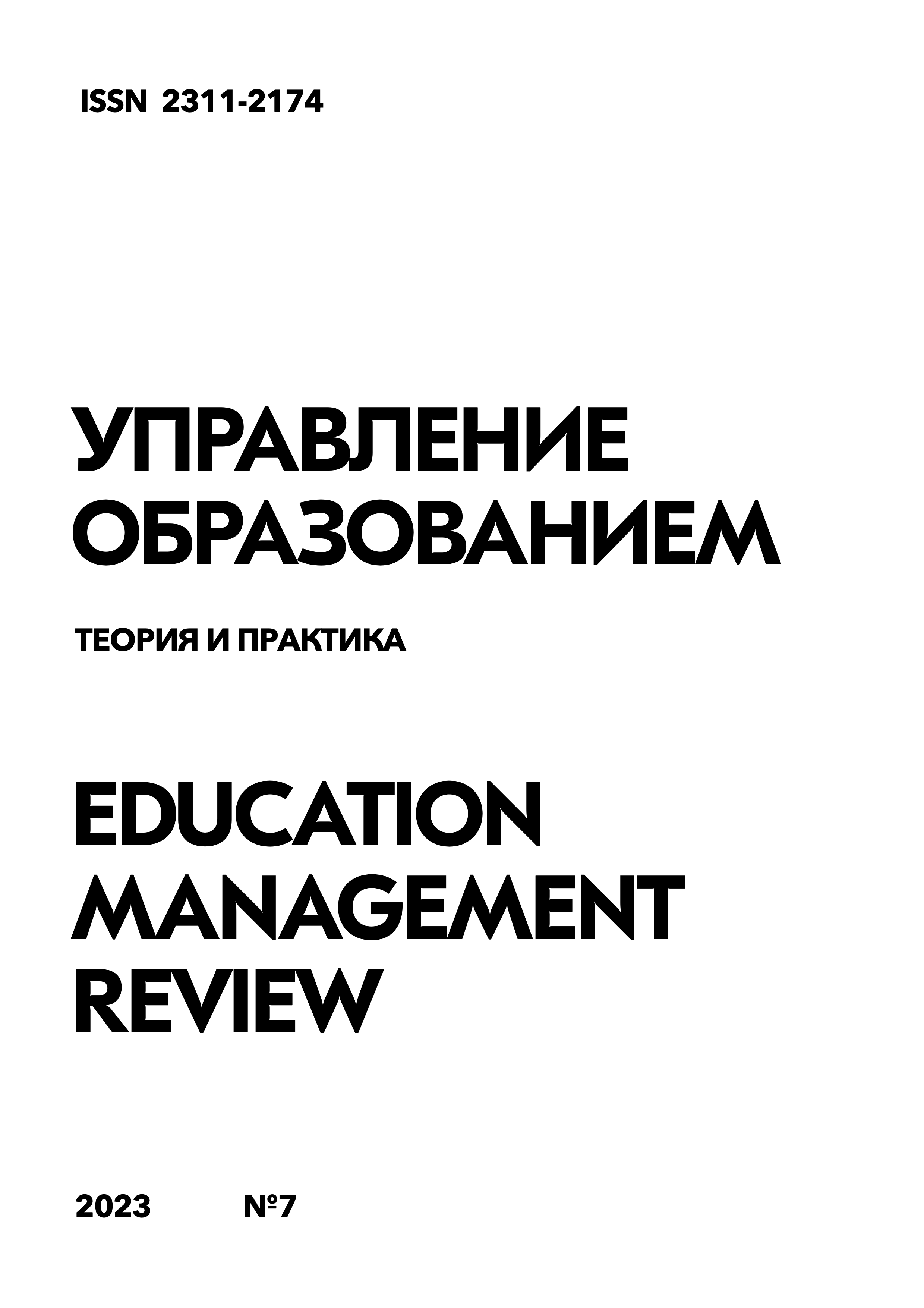The impact of technological innovations on the development of musical art: from the invention of the phonograph to the digital era
DOI:
https://doi.org/10.25726/u0928-8984-9886-bKeywords:
evolution, musical genres, styles, musical culture, historical developmentAbstract
Since the birth of the art of music as such, music has been constantly undergoing evolution. Changes in the social structure, scientific and technological progress, intercultural interactions - all this invariably affected the nature, form and content of musical culture of various eras. Musical genres and styles, in fact, are a reflection of these changes. They reflect the spirit of the times, the cultural characteristics of a certain period, the specifics of the social environment and many other factors. Thus, the analysis of the evolution of musical genres and styles is nothing more than the study of the history of the development of musical culture as a whole. Technological innovations have always played a significant role in the development of musical art. The introduction of new technologies in music education has become the basis for the formation of new approaches to teaching and studying music in universities. Universities specializing in music education are actively introducing various technologies into the educational process, ranging from computer programs for creating and processing music, ending with virtual and augmented reality for the immersive study of musical material.
References
Абдуллаев А.Х. Нравственное и эстетическое воспитание учеников через изобразительное искусство // academy 2021 С. 60-63.
Абдуллин Э.Б., Николаева Е.В. О философии музыкального образования: сущность, предназначение, направленность // Философские науки. 2010. № 1. С. 144-153.
Аврамкова И. С. Актуальные задачи профессионального музыкального образования на современном этапе // Вестник ТГУ. 2012. №2 (106). С. 217-223.
Атамуродов Р.Э. Проявление социально - психологических механизмов мотивации музыкальной деятельности // Scientific progress. Vol. 2, Issue 2, 2021, pp. 433-437.
Гайдай П. В. Диалог культур как ведущая тенденция в современном музыкальнопедагогическом образовании России и Китая // Гуманитарный вектор. 2011. №1 (25). С. 25-28.
Грибкова О. В., Квартальной Е. А. Музыкальное образование как фактор всестороннего развития личности // Искусство и образование. 2021. № 2 (130). Р. 99-105. DOI: 10.51631/2072- 0432_2021_130_2_99
Иннатуллаев М.Н. Теоретические особенности формирования музыкальных представлений в учебном процессе в школе // Academy. 2021. № 4. С. 75-78.
Каримов О.И. Значение специфических особенностей и воспитательных возможностей узбекских народных инструментов // Academy. 2020. №3. С. 78-80.
Малкин С.Ю., Майковская Л.С. Перспективы применения герменевтического подхода в профессиональном образовании педагогов-музыкантов // Музыкальное искусство и образование. 2016. №2 (14). С. 45-50.
Мухамадиева Р.У. Хоровое искусство и управление хором // Academy. 2021. № 4. С. 78- 81.
Рахимов Р.Н. Роль музыкального образования в развитии личности // Проблемы науки. 2021. № 1 (60). С. 46-48.
Рахимов Р.Н. Способы развития навыков понимания музыки // Наука, техника и образование. 2021. № 2 (77). Ч. 2. С. 94-97.
Холиков К.Б. Методы музыкального обучения через воспитание в вузах // Academy . 2021. №3 (66). С. 57-60.
Холиков К.Б. Некоторые аспекты повышения саморегуляции педагогов на фоне музыкального обучения многоголосных произведений // Scientific progress. Vol. 2, Issue 2, 2021, pp. 426- 432.
Чупина В. А. Акмеология профессионального образования: учеб. пособие. Екатеринбург: Рос. гос. проф.-пед. ун-т, 2019. 97 с.

